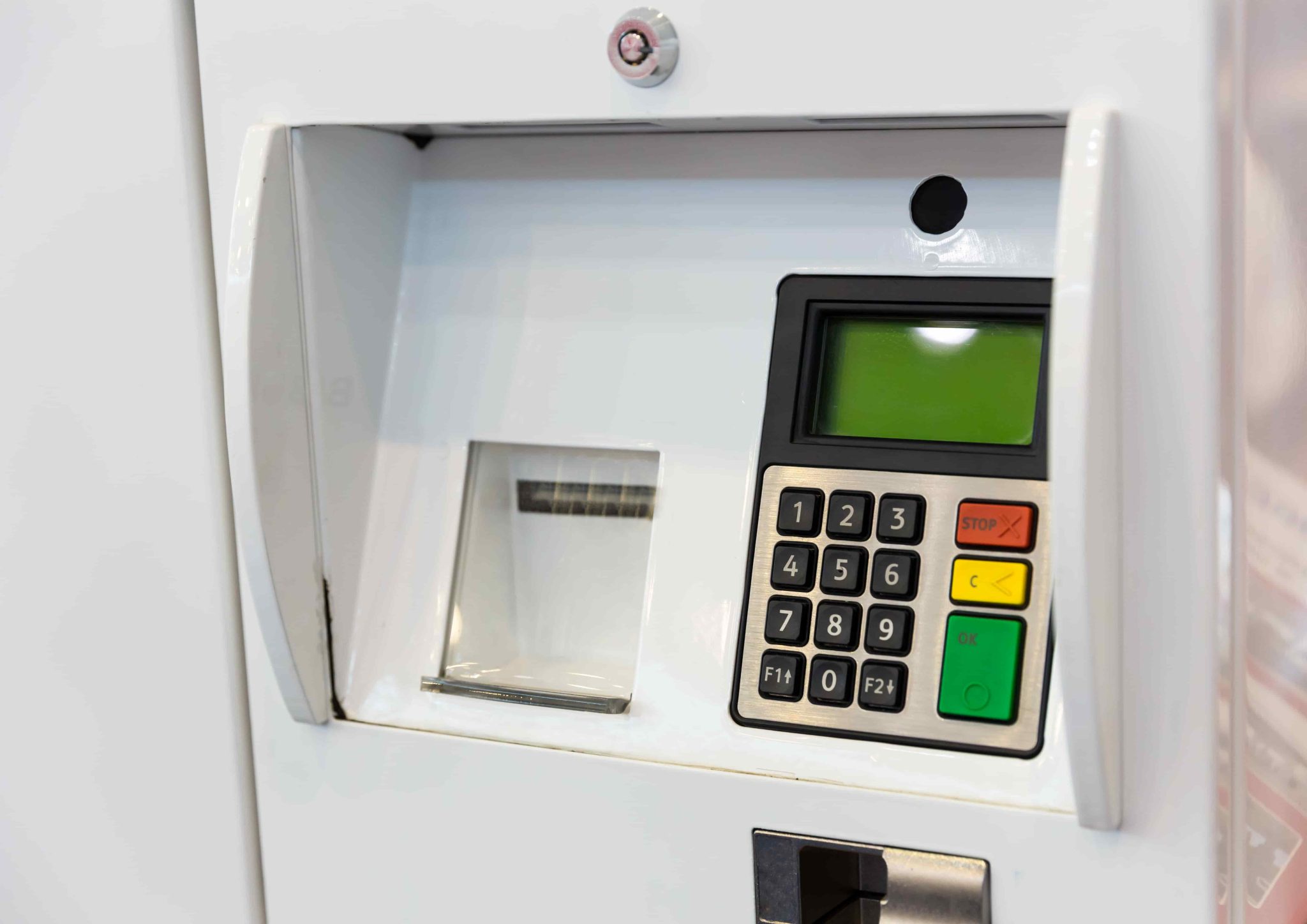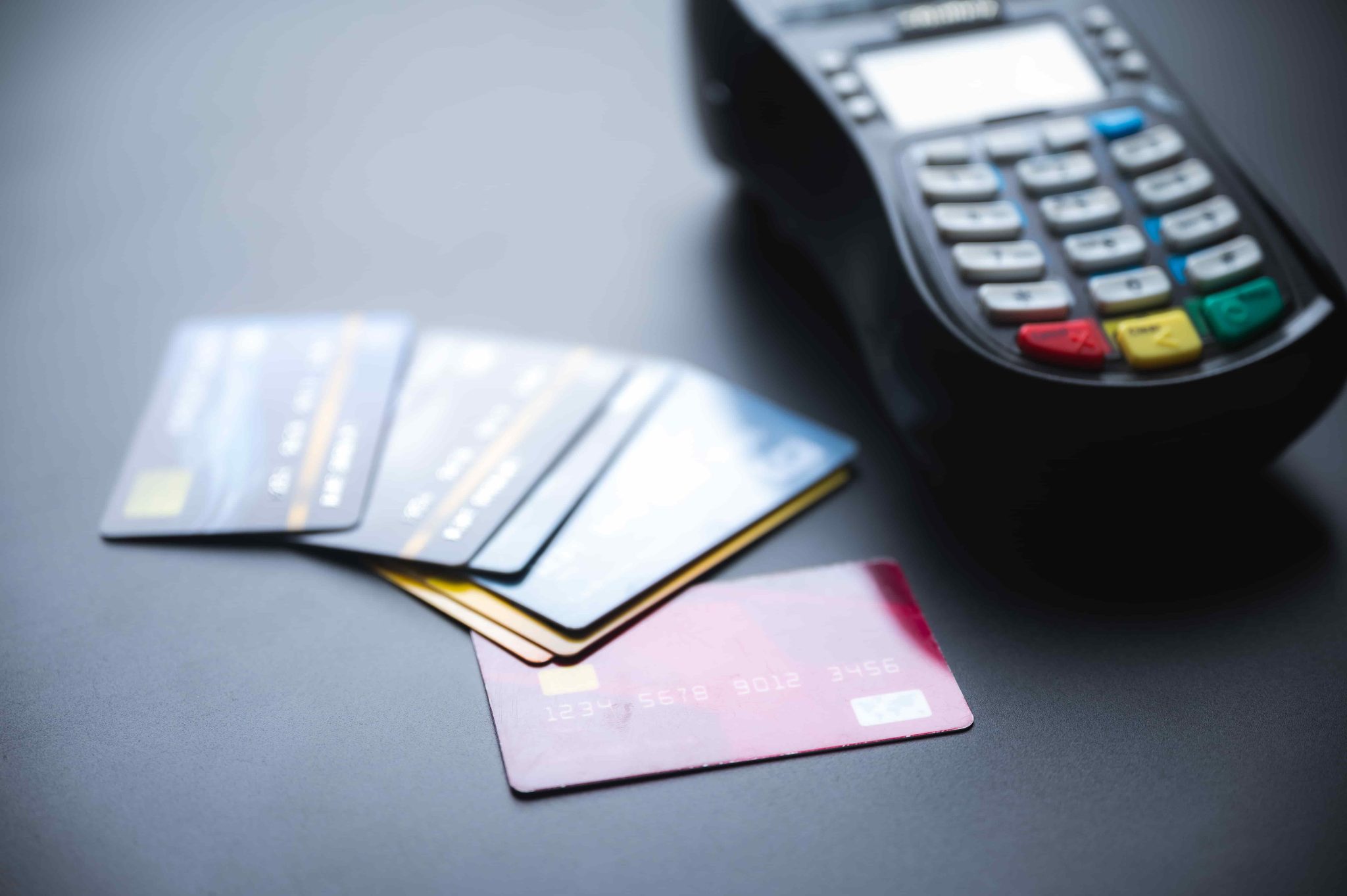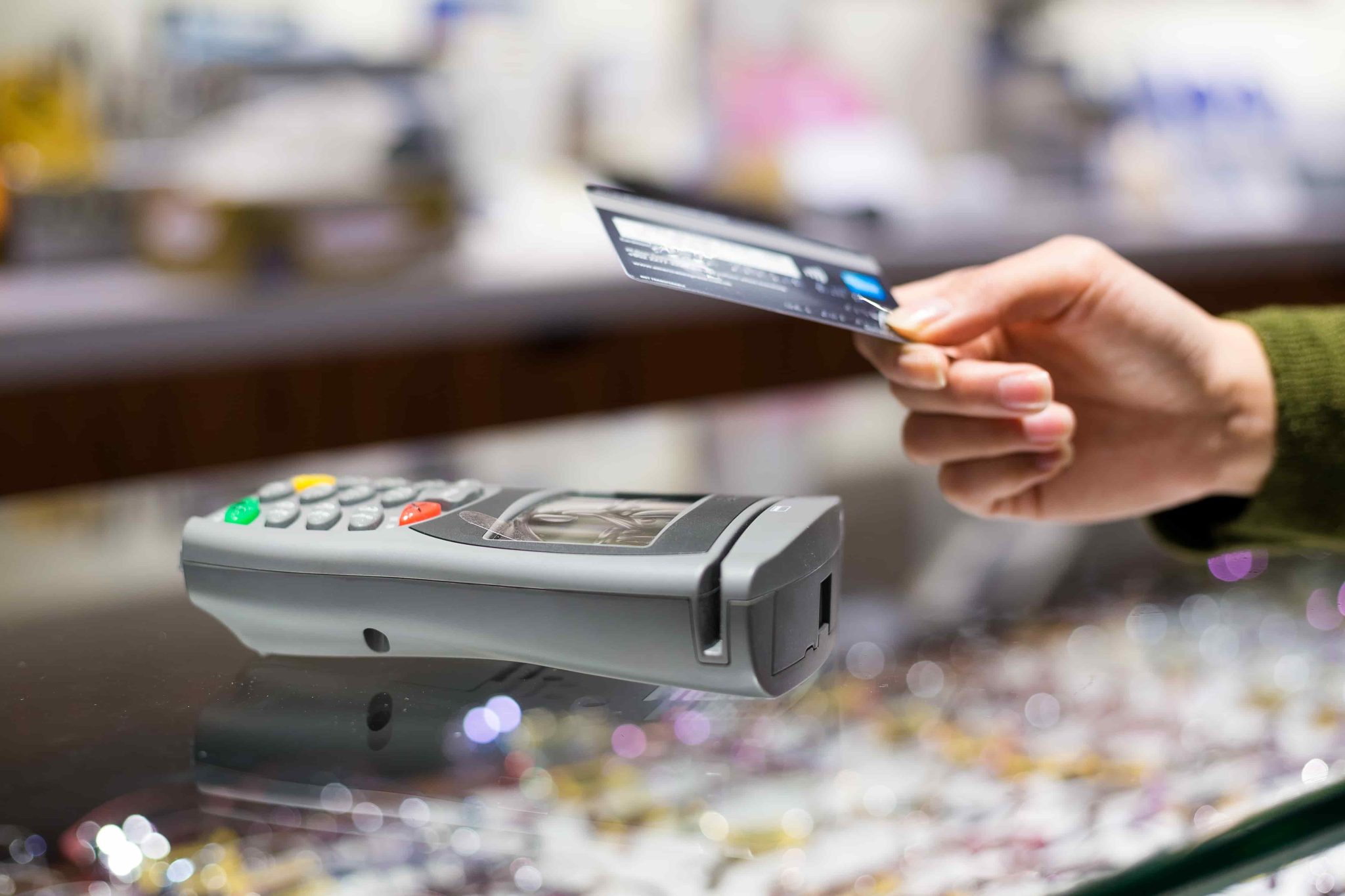Complexities in the fintech industry, an overview of fintech in Iraq and the improvements required.
Our quest to unravel and understand the core of fintech began last week as we skimmed the introductory pages of the fintech industry’s immense book, exploring its significance, its impact on modern banking and the pivotal role it plays in reshaping finance. This week, our journey takes us to another chapter, one closer to home, as we analyse the present situation of fintech in the country, and the specific challenges the industry faces, particularly here in Iraq. Further to this, we will talk about potential strategies and changes that can be made to eliminate these challenges, or at least, mitigate them.

An overview of fintech in Iraq
Discussing fintech without talking about the role of banks is not exactly the best fit in the Iraqi case. I believe it is necessary to provide a quick overview and history on the banking sector in the country before exploring its fintech industry.
In 1931, the Iraq Currency Board was established in London after the British Mandate and the end of WWI. The board primarily issued notes and maintained reserves for the Iraqi dinar (IQD). During that time, the Iraqi dinar was valued equally with the British Pound and its parity, thereby making it valuable. However, in 1936, the state established the Agricultural and Industrial Bank as a single entity due to the dominance of British banks and the inefficiency of local currency traders. Later, the two banks split into separate institutions, known as the Agricultural Bank and the Industrial Bank. Al-Rafidain Bank, established in 1941, became Iraq’s primary commercial and central bank. Following the dissolution of the Iraq Currency Board in 1947, a new establishment, the National Bank of Iraq assumed its duties, swiftly fulfilling its responsibilities and promoting economic growth. Consequently, state-owned banks such as the Real Estate Bank, Mortgage Bank, and Cooperative Bank were established.
The thriving economy created opportunities for Iraqi and foreign banks to operate in the country. As a result, the National Bank of Iraq became the Central Bank of Iraq (CBI), responsible for currency issuance, foreign exchange control, bank regulation, and government account management.
The CBI authorities grew significantly until the 1991 Gulf War, which hindered the Iraqi economy and necessitated a modern, lower-quality currency. Private banks were allowed to open in Iraq after the war ended. The Iraqi Investment Bank and Middle Eastern Bank were the first private banks in the country (History of Central Bank: CBI issues regulations for funding renewable energy power generation systems, 2022).
Iraq’s economy and history entered a new phase in 2003. The year saw the creation of a new financial system and restructuring of the banking sector. The banking law was implemented in September 2003 to ensure the country’s banking systems adhere to global standards, creating secure, competitive and accessible banking that inspires confidence. The Coalition Provisional Authority (CPA) then introduced new Iraqi dinar coins and notes with enhanced anti-counterfeiting measures. The Central Bank of Iraq (CBI) was last updated in March 2004 and now operates as an independent central bank for the country. Since 2003, the CBI undertook new measures to modernise the country’s banking sector, and ensure it follows international developments. In 2006, the institution began its digital transformation process, replacing several manual operations with automated systems. In 2007, Al-Rafidain Bank and Al-Rasheed Bank partnered with Iraqi Electronic Payment Systems to create Qi-card, now utilized to distribute public pensions to millions of Iraqi citizens.
New retail payment regulations were implemented in 2014, and the CBI launched the Iraq Retail Payment System Infrastructure in 2016, enabling the first retail transaction in the country. The Iraqi National Retail Switch and mobile payment system enabled banks and electronic payment services to process transactions at POS and ATMs. The Iraqi financial sector entered a new era in 2016 when the Central Bank of Iraq (CBI) authorised mobile wallets such as ZainCash and AsiaHawala, now known as AsiaPay. These solutions proved to be of great use during the pandemic, as government endowments were received through them, accelerating online shopping and the use of ecommerce platforms.
Since then, electronic card issuance has surged in the country, and by 2021, prepaid cards were the most widely issued electronic card type in Iraq, with almost 10 million cards issued. The spike in prepaid cards stems from their ease of use and convenience, considering no bank account is required to obtain one. Currently, there are 17 licensed payment companies in the country, including Qi-card, APS, Blue Pay, Switch, Neo, FIB, and more. Nevertheless, despite the advancements, challenges including limited banking infrastructure, and a strong cash culture remain, highlighting the need for further development in the fintech industry in Iraq.
Acknowledging the potential of fintech to enhance financial inclusion, streamline operations, increase efficiency and reduce costs, the Central Bank of Iraq has been actively promoting it, even financially supporting players in the industry that want to make change. The issuance of regulations by the Central Bank in 2018 pertaining to mobile banking services authorised financial institutions to provide digital services via mobile phones, including account opening, money transfers, and bill payments are all examples of its active support. The CBI has initiated a number of endeavours to encourage innovation in the financial sector and provide assistance to fintech startups, such as a fintech lab for startups to receive mentorship from renowned experts, or partnerships with international organizations to support startup funding.

What challenges do fintech companies face in Iraq?
The fact the fintech companies in Iraq face many more challenges than all their international counterparts do does not halt the country’s fintech business. It affects it yes, but it has not halted it. Regardless, Iraq’s fintech business is predicted to experience a massive growth in the coming years, and we are in fact witnessing that now. However, if you compare it to other countries in the Middle East, the adoption of fintech here is rather slow, and is unfortunately strong only in a few niches, such as ecommerce and mobile applications. Challenges including cybersecurity, money laundering, the regulatory environment, lack of robust e-payment infrastructure, dependency on cash, and low financial literacy all attribute to this.
The rise of electronic transactions and tech-savvy consumers in the country do not imply that fintech companies and platforms are not struggling with outdated infrastructure and complex regulatory systems, impeding innovation and scalability. Fintech companies must establish foundations to adapt to regulatory changes in the country. According to several studies conducted, limited access to digital financial services significantly effects the growth of startups in Iraq. The initiative of digital payment card usage, especially for salary payments, contrasts with the societal norm of withdrawing cash for transactions, underscoring a challenge in fully adopting digital payments. Also, the infrastructure gaps are highlighted by the comparatively low number of bank branches and ATMs when compared to worldwide standards. The number of bank branches in Iraq have fluctuated since the last 15 years, and in 2021, Iraq had the lowest number of ATMs per 100,000 adults in the MENA region, ranking behind all other countries.
Digital payment became the new thing since the pandemic. According to the World Bank, around two thirds of adults worldwide use digital payment. Surely the ratios vary form one region to another, but particularly in developing economics, specifically Africa and Asia, the use of digital payment rose form 35% (2014) to 57% (2021). Yet, one factor that stops Iraq from being on the same level as other countries in the MENA region is the strong reliance on cash due to economic instability, political uncertainty, and a history of conflict and international sanctions. This forged a fragile foundation upon which a strong banking and financial infrastructure cannot be built. Unfortunately, more than 95% of Iraqis rely primarily on cash and do not prefer bank accounts due to their lack of access to electronic payment systems, leaving cash as the dominant factor in the country. This reliance highlights the challenges in shifting towards more contemporary financial practices within Iraq (Rodgers, 2023).
Perhaps the most critical issue a country such as Iraq may face in its financial revolution is money laundering, one of the major financial crimes that strongly impact the financial system and economy. Fintech has the qualities to make money transfers faster and more efficient in comparison to traditional financial services, potentially destabilizing the economic system. Money laundering unquestionably threatens fintech development in the country, and that was first witnessed in 2016, when the EU added Iraq to its list of countries for money laundering and terrorism financing. This narrative began to change in 2022, when an EU representative announced that Iraq would be removed from the list, acknowledging the significant efforts to prevent money laundering and terrorist financing were enforced by the central bank of Iraq and other international bodies in the fintech game. Anti-money laundering operations are impeded by inadequate laws and regulations, energy transfers, bank secrecy, unqualified staff, and underdeveloped information systems.
A large population in Iraq remain unbanked, hindering fintech growth. According to the World Bank, at the end of 2021, Iraq had a credit-to-GDP ratio below 15% and an unbanked population of 81%, which was 21% higher than other Arab nations. The analysis reveals a significant gap between Iraq and its Middle Eastern competitors, including Iran, Egypt, Jordan Saudi Arabia, and Turkey. The Iraqi government has initiated measures to modernize salary payments, transitioning from cash to bank transfers. This change has been particularly effective in the Kurdistan region of Iraq, where employees are now receiving their salaries through the banking system, reflecting a significant shift towards financial digitization and inclusion.
Iraq’s financial sector, as every other, is vulnerable to cyberattacks. Concerns about online payment security in Iraq lead consumers to prefer cash on delivery for e-commerce transactions. Additionally, consumers fear cybersecurity attacks. Understanding the risk landscape is crucial as cyber threats evolve and attacks become more complex and intense. Cyber threats include security incidents that compromise data confidentiality, integrity, or accessibility. These have put businesses, corporations, governments, and individuals at risk in the digital age. Governments and banks must develop comprehensive cyber security programmes to protect consumers. This collaboration improves cybersecurity and protects the financial ecosystem. Fintech companies must understand international legal interpretations to succeed. To protect data and create compliant, secure apps, they must use practical tools and understand local laws. This approach is essential for building trust and advancing fintech on a global scale.
Many studies have highlighted the relationship between financial literacy and the public’s awareness in fintech products. Individuals with higher financial and digital literacy typically benefit more from fintech services. According to the OECD (Organisation for Economic Co-operation and Development), financial literacy encompasses awareness, knowledge, skills, attitude, and behaviour necessary for making informed decisions and achieving financial well-being (Education, 2011). It also defines digital literacy as the ability to comprehend and effectively use technology. Lack of financial knowledge in Iraq has negative effects on the adult population, with only approximately a third of the country’ that have financial literacy. This hinders the growth of fintech in comparison to other countries in the MENA region (Hadi & Abdullah , 2023).
In Iraq, the traditional financial system’s instability and political volatility have led to a preference for cash over digital payments (Bank, 2021). Only a third of Iraqis are financially literate, affecting fintech adoption compared to other MENA countries. Additionally, religious beliefs and high internet costs limit fintech’s appeal, especially among low-income people. These factors make it difficult for Iraqi fintech startups to compete regionally (Tian, 2022).

What are the opportunities that exist? Potential strategies to minimize issues?
While mobile and electronic payment systems are gaining popularity in Iraq, they are still less prevalent than in other countries in the region. The most common payment methods for online orders are cash upon delivery and money transfer (hawala), with credit cards being used less frequently. Iraq has significant gaps in e-commerce, e-banking, and digital payments.
Enhancing the information and communication technology infrastructure and developing protection systems are crucial, particularly against electronic attacks. This requires regulatory frameworks for information security and money laundering. Increasing financial awareness of financial technology services promotes increased use of digital services. The central bank should identify and mitigate risks from modern technology in financial services through specialised departments that grant licences. Fortunately, the Central Bank of Iraq and other non-government organisations have taken significant steps to increase financial awareness and literacy in society. In 2022, the Ministry of Youth and Sports of Iraq collaborated with the International Labour Organisation (ILO) to assess financial literacy in Iraq and identify the need for national improvement. We recommend government-supported financial literacy courses in schools to raise students’ awareness of investment, savings, risk management, and money management. Such initiatives have been taking place during the last decade in other middle eastern countries, aiming to improve financial literacy among students.
The government should address the unbanked and financially excluded population to reduce the alarming number by providing equal access to financial services. The Central Bank of Iraq, Ministry of Planning, and Deutsche Gesellschaft für Internationale Zusammenarbeit (GIZ) launched the “Financial Inclusion for Economic Restart and Integration in Iraq” project in 2022 to promote financial services for vulnerable groups in Iraq. The project aims to enhance financial regulations and standards, raise financial knowledge and inclusion, develop inclusive services, and promote women-led businesses in the country (Organization, 2022). Further, the government should expand bank branches, POS, and ATMs across Iraq to promote financial inclusion and improve service accessibility. This can help the government reduce cash dependence and ensure societal adoption of electronic payment methods.
We propose that the Central Bank of Iraq and related ministries improve the financial sector by fostering customer trust and expanding services to meet demand. This includes training government employees and individuals in financial knowledge, and encouraging financial institutions to offer customer awareness programmes to support financial improvements. Alternatively, private financial institutions and fintech companies should collaborate with the government to comply with CBI laws and regulations and achieve set goals.

References
Bank, W. (2021). The Global Findex Database. Washington DC: The World Bank.
Education, O. I. (2011). Measuring Financial Literacy: Questionnair and Guidance Notes for Conducting an Internationally Comparable Survey of Finaancy Literacy. Paris: OECD.
Hadi, H. H., & Abdullah , S. I. (2023). The Contemporary Relationship Between Financial Culture and Financial Literacy - An Applied Study in Insurance Companies Operating in Iraq Stock Exchange. World Bulletin of Management and Law, 8-18.
(2022). History of Central Bank: CBI issues regulations for funding renewable energy power generation systems. Iraq: The Central Bank of Iraq (CBI).
Organization, I. L. (2022). The Ministry of Youth and Sports and the ILO partner to advance financial education among youth in Iraq. Baghdad: International Labour Organization.
Rodgers, W. (2023, February 8). Why cash is still king in Iraq. Retrieved from Rest of World: https://restofworld.org/2023/iraq-digital-payments/Tian, G. (2022). Influence of Digital Finance on Household Leverage Ratio from the Perspective of Consumption Effect and Income Effect. Economic and Business Aspects of Sustainability.


